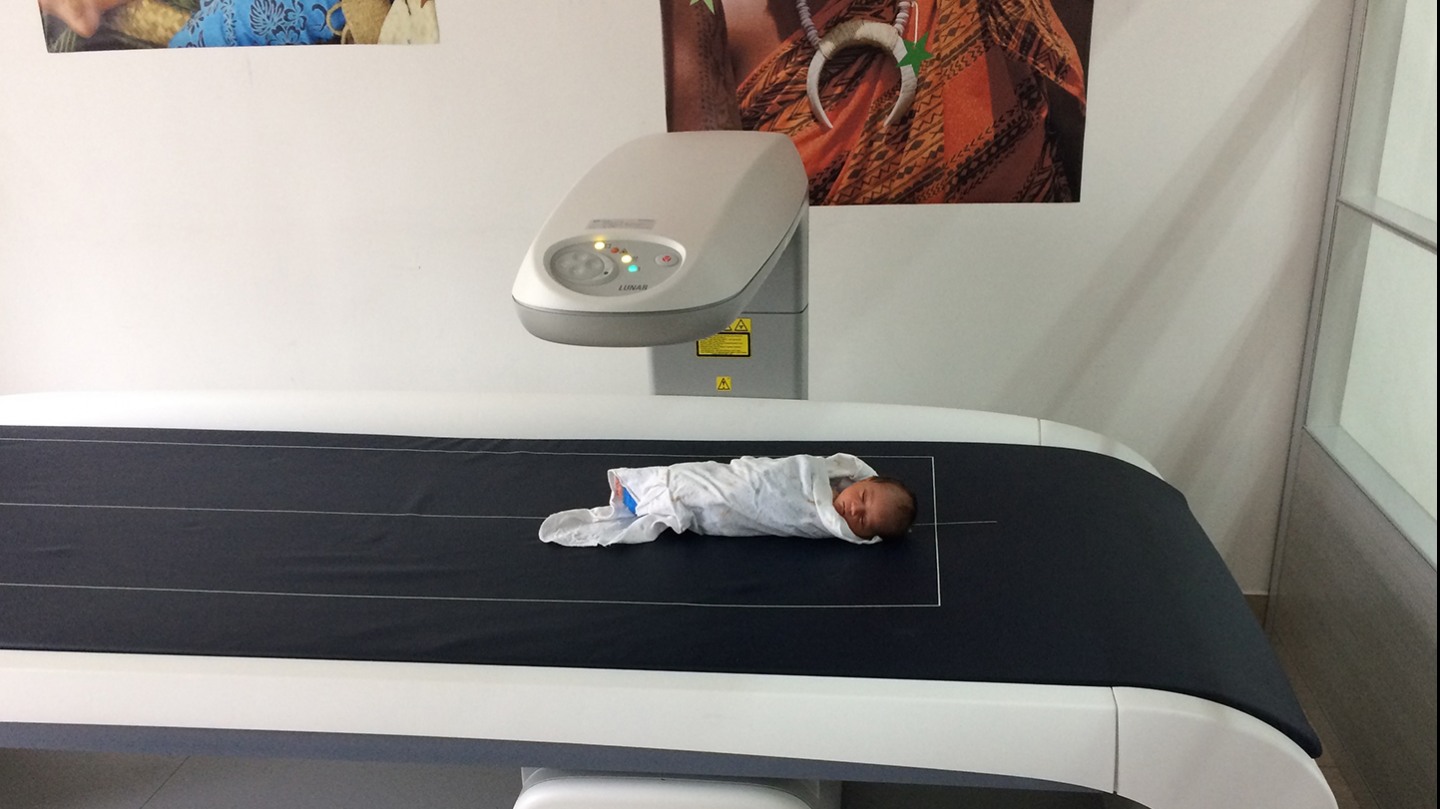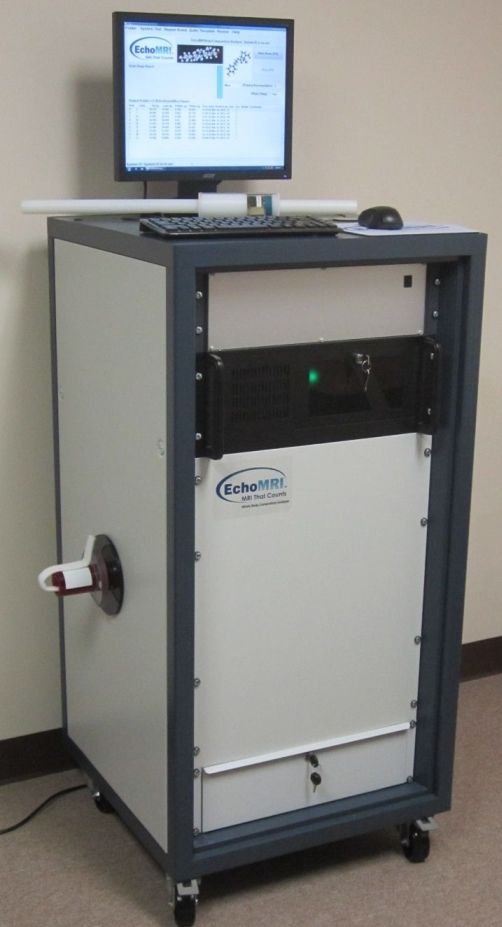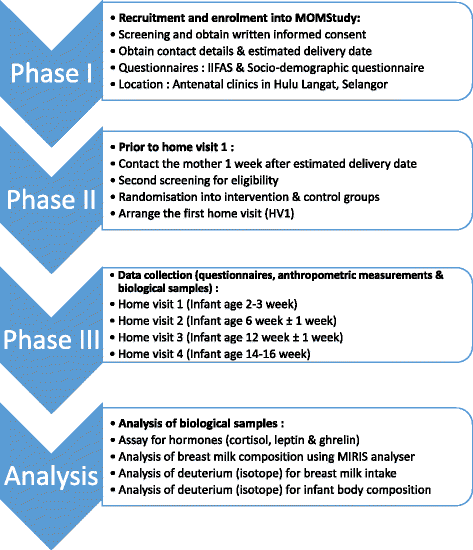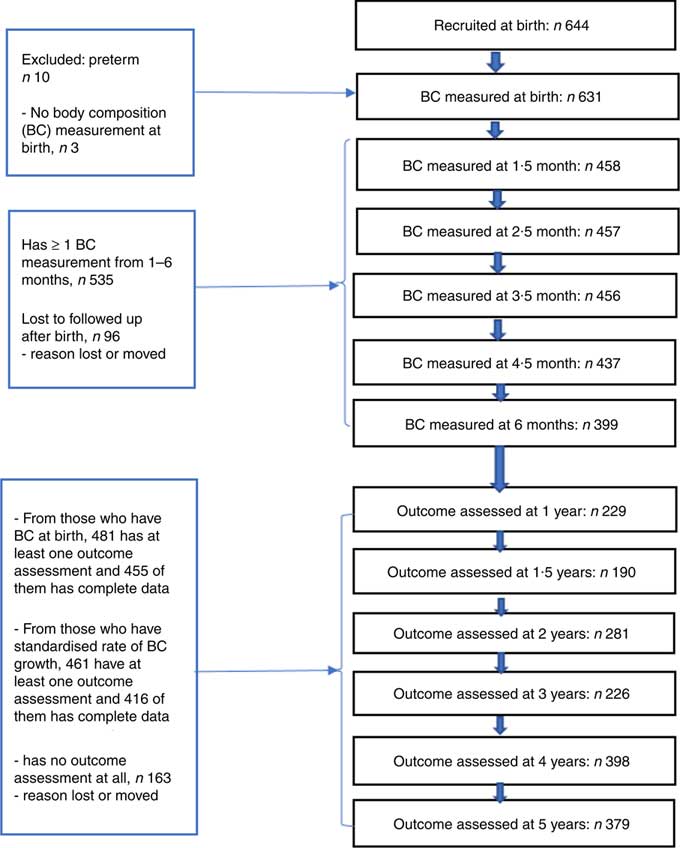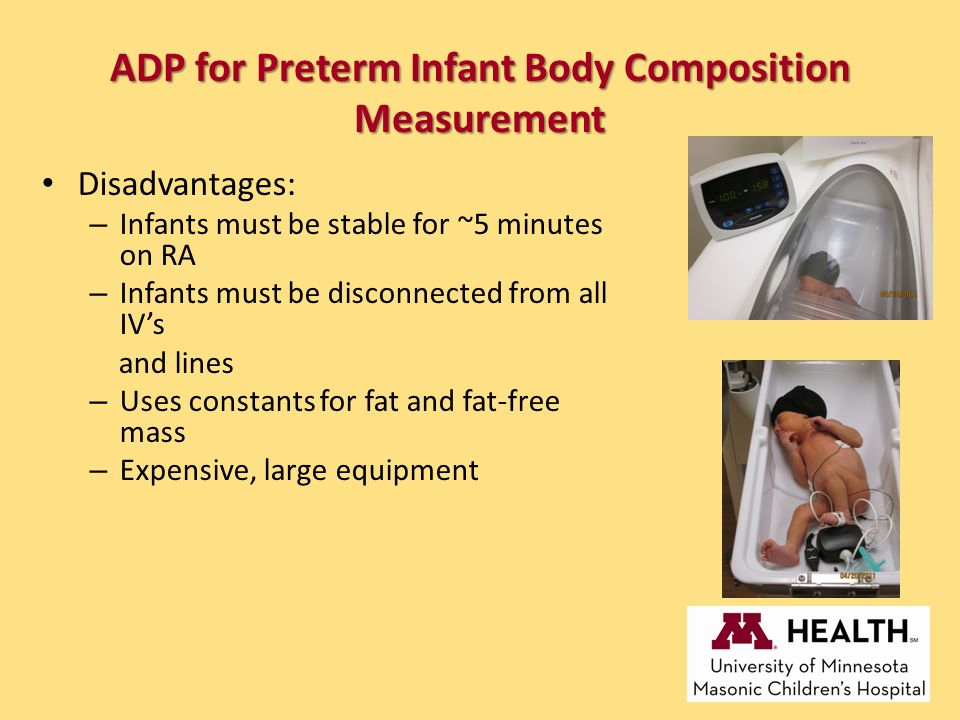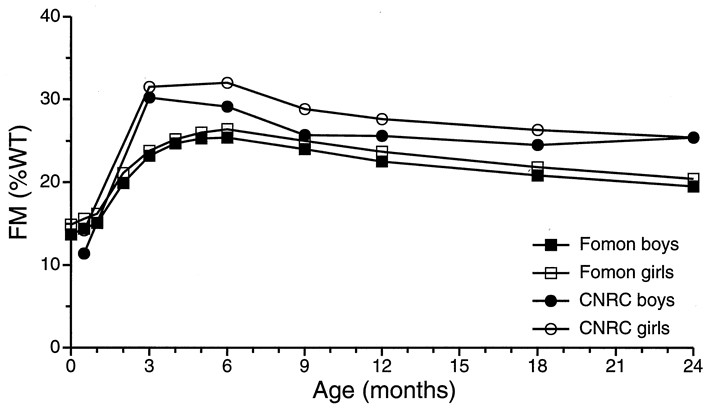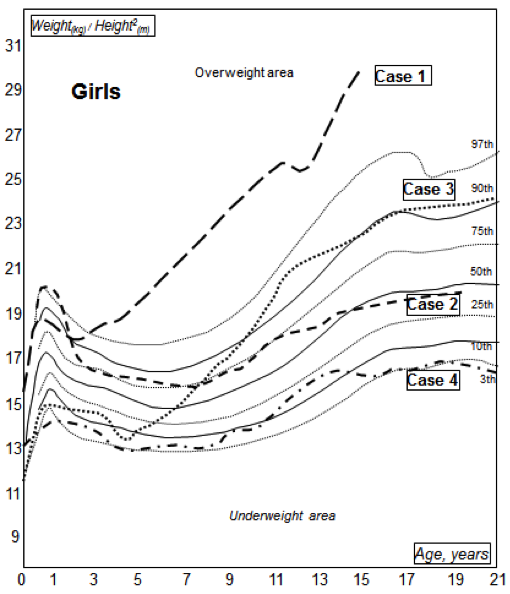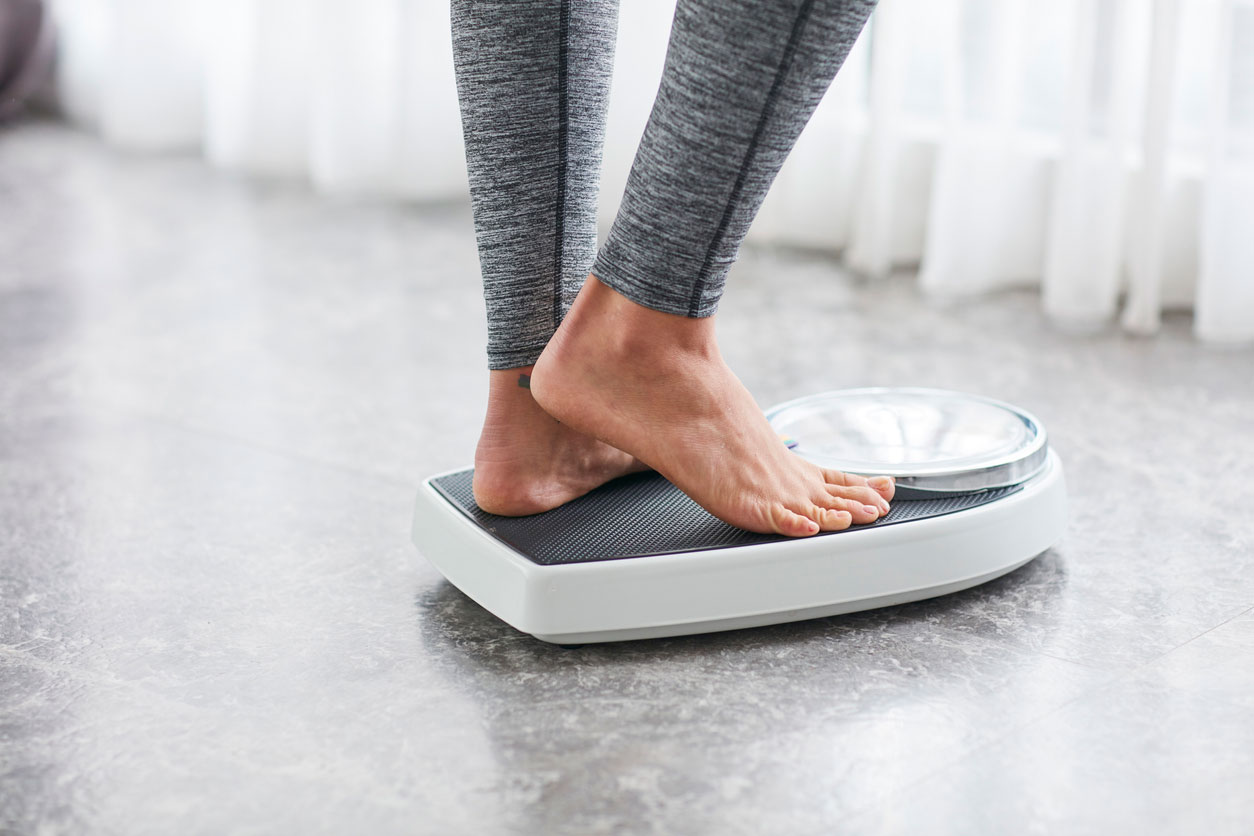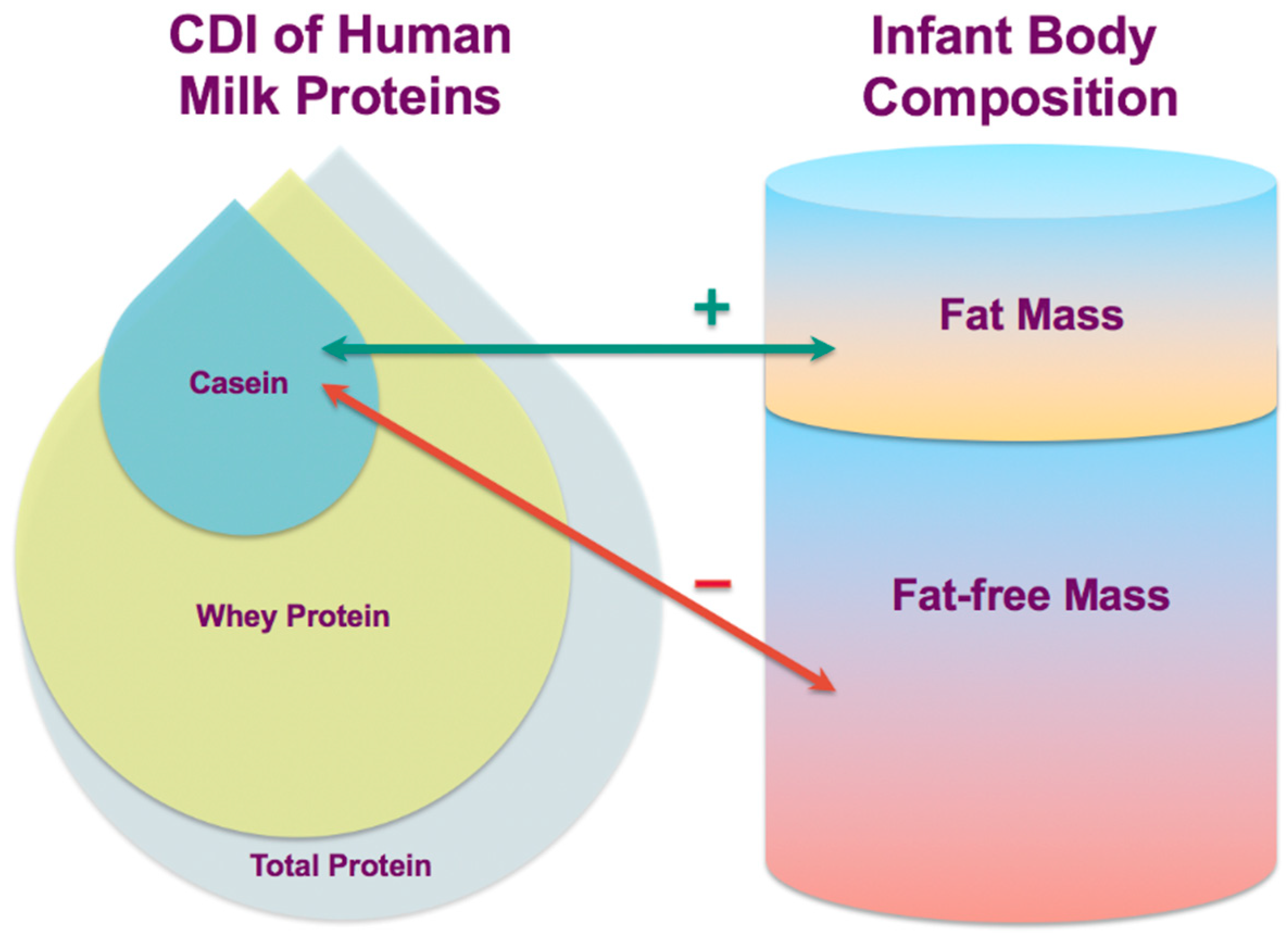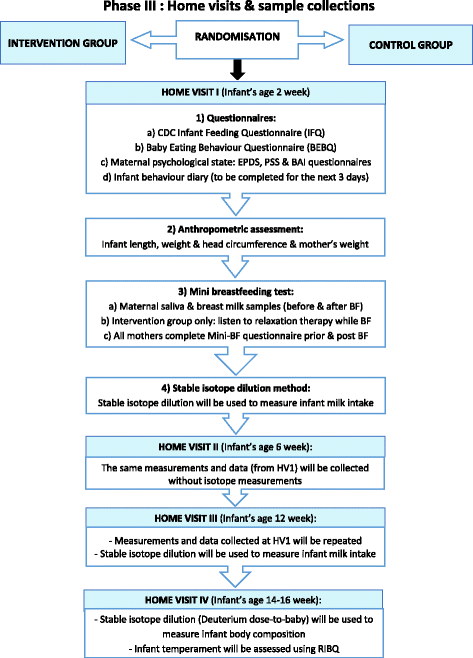
Measurement Of Body Composition In Infants
The body composition of children from birth to 16 years of age has been measured using this method table 1 1 3. Dual energy x ray absorptiometry dxa is a method to assess body composition based on the three compartment model. The body composition of children from birth to 16 years of age has been measured using this method table 1 1 3. Measurement of body composition during infancy and childhood has important uses in primary and specialty health care settings clinical research and national surveys and surveillance. Measurement of body composition is proving increasingly important in clinical nutrition and research. Measuring body composition in the preterm infant.
There has been a proliferation of equations for estimation of body composition from skinfolds but some doubt as to their general applicability. The peapod figure 14 has been shown to be accurate in comparison to underwater weighing for assessment of. At birth and term we measured weight and length and calculated body mass index. Currently the pea pod is the only commercially available technology that allows for accurate body composition assessment of newborns. The adp has been validated for use in infants from birth to 8 kg 6 months and in children older than 5 years. Evidence base and practicalities 1.
Body composition analysis in preterm infants body composition analysis can be considered as. Adp is now considered a criterion method of body composition analysis in children 18 and in several studies it has provided more accurate measurements of body fat than dxa 19 20. However there remains a gap for use in children from 6 months to about 5 years of age. Dual energy x ray absorptiometry dxa is a method to assess body composition based on the three compartment model. Two instruments are commercially available for adp assessment of body composition. The pea pod is extremely simple to operate with software prompts guiding the operator through each step of the process.
At term infants underwent air displacement plethysmography to determine body composition fat and fat free mass and magnetic resonance imaging to quantify brain size bifrontal diameter biparietal diameter transverse cerebellar distance. Health care providers can use body composition information to screen for current and future health risks provide anticipatory guidance monitor therapeutic progress and tailor treatment for precision medicine. Introduction studies evaluating the growth of preterm infants show them reaching term equivalent age with less. The pea pod is an air displacement plethysmography adp system using whole body densitometry to determine body composition fat and fat free mass in infants weighing between 1 and 8 kg. Skinfold thickness is a simple means of estimating body composition which is widely used in children but there is little information on its validity.
Random Post
- india reynolds body measurement
- what are bra measurement
- importance of body measurement
- indian body measurements
- interesting body measurement facts
- amanda bynes body measurements
- anitta body measurement
- tony jaa body measurements
- body measurement table
- alexa bliss body measurements
- michelle keegan body measurement
- ashley tisdale body measurement
- body measurement activity
- oshin brar body measurements
- jain body measurements
- add body measurements
- body fat measurement electrical impedance accuracy
- round body measurement
- bra size eu
- human body temperature measurement gate
- what is the problem with using parts of the body as a unit of measurement
- adrienne bailon body measurement
- park bom body measurement
- measurements and body type
- body measurement mfg
- ranvijay body measurement
- kgw body measurement
- bmi based on body measurements
- lea michele body measurement
- one year old body measurements
- imogen poots body measurement
- body measurements in tamil
- weight and body measurements
- 32b bra size measurements in cm
- very body measurement
- bra fitting youtube
- body fat measurement dublin
- rdj body measurements
- easy body measurements
- hwp body measurement
- tammy rivera body measurement
- leigh anne pinnock body measurement
- wdym body measurement
- bobby lashley body measurement
- cindy mello body measurement
- camila mendes body measurement
- haley lu richardson body measurement
- lee seung gi body measurement
- can you record body measurements on fitbit
- bra size measurement in pakistan

